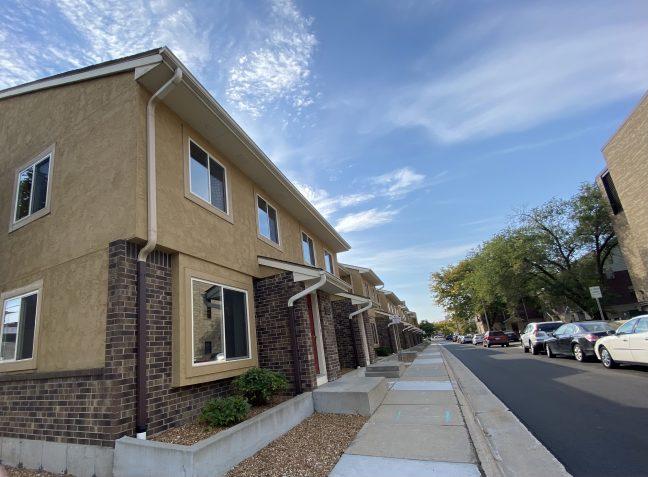The Madison City Council approved $11.3 million in funding for affordable housing development projects on Tuesday.
The money will fund three housing development projects, which will add 500 units of rental housing in Madison in total. Madison Community Development director, Jim O’Keefe said 345 of these units will meet the city standard for affordable housing, which is defined as 60% of the median income.
The money comes from two places. According to O’Keefe, $8.95 million is from the affordable housing fund and $2.3 million is from Tax Increment Financing.
University of Wisconsin senior Aziah Backus said housing and real estate are very real problems currently. The problem is more noticeable in Madison because the city is on an isthmus, making it harder to build enough housing to meet the demand, Backus said.
Backus said the demand for affordable housing in Madison is particularly high because UW admitted more students than normal last year, and new companies are drawing people to the city. Backus said he has not seen much increase in supply to meet this demand.
It is especially a struggle for UW students because when demand is high, rent prices tend to increase. Backus said he noticed an 18-19% increase in his own rent.
Backus is unsure how much the increase in housing funds will help with solving the root problem relating to the housing crisis in Madison. Though the money will add more housing, Backus said it may not help solve the issue long-term as the isthmus prevents outward city expansion, despite people continuing to move to the city.
“I’m sure the granting of money to housing will make a difference, but I’m just not sure how much of a difference it will make,” Backus said.
Backus said there needs to be a more concrete solution for students.
O’Keefe said the $11 million is part of an effort the city of Madison has been working on since 2014. The city made a commitment in 2014 to build more affordable housing, and since then, they have added 2,500 units — 1,950 of which are considered affordable.
O’Keefe said this funding is a big step toward solving this crisis, even if it will not fully fix the issue.
“This year is an installment that we’ve been able to do since 2014,” O’Keefe said. “We will continue to do it next year and the year after that and the year after that. There’s a big need for affordable housing in the city. This will help, but it won’t solve it.”


